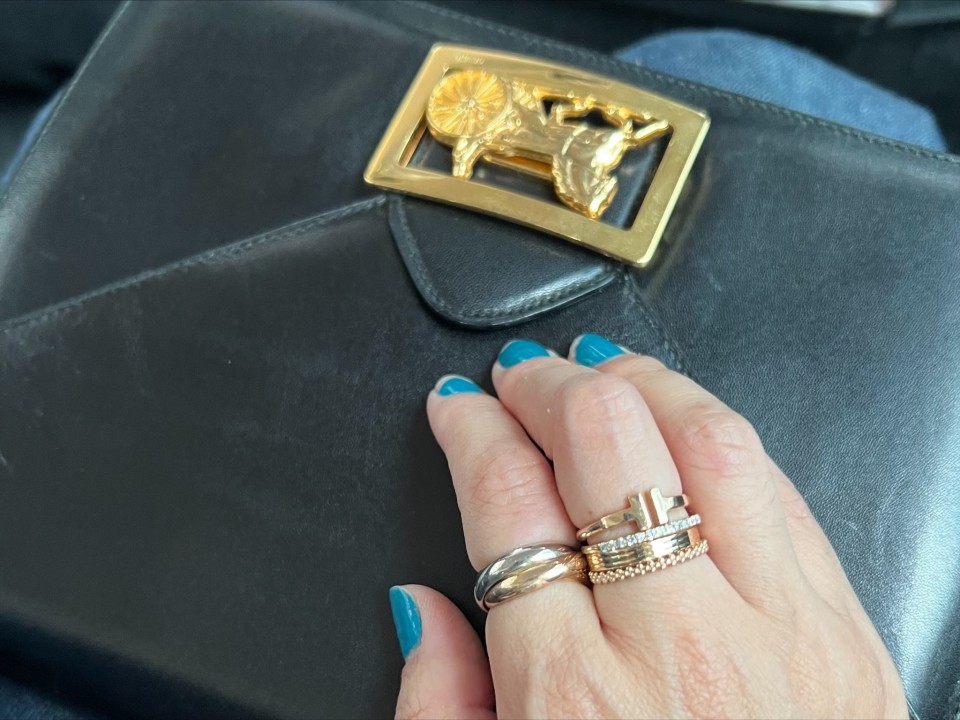
As a result of global e-commerce, consumers can easily purchase items from abroad but in the meantime, the numbers of imported intellectual property infringing products are increasing.
Intellectual property holders such as patent owners or trademark owners can request customs to suspend imports of those items. If it is recognized as an infringing product, it cannot be imported into Japan, and it will be confiscated and disposed of at customs.
When the petition for an injunction against the import of items is requested to and accepted by customs, they will review a suspicious product to determine whether it’s an infringement of intellectual property. During this certification procedure, the opinions and evidence can be filed from both sides, the person who wants to import the infringing products and the owner of the intellectual property right.
This certification procedure may be applied to products purchased from cross-border EC, but recently, importers have often claimed that they are only for personal use, making it difficult for customs to disprove and prevent the inflow of counterfeit products. It may lead to further inflow of intellectual property infringing goods into Japan in the name of personal import.
To solve this situation, in 2021, the Japanese Trademark Act was amended. This positions the act of sending counterfeit products directly to Japan as a trademark infringement. It effectively limits the import of intellectual property-infringing goods into Japan, even in the name of personal import.
Tsubame IP Law Firm provides a wide range of intellectual property services including management services for renewal of patents, utility models, designs, and trademarks in Japan, China, and Korea. We also welcome consultations regarding import injunctions at customs, please feel free to contact us!
